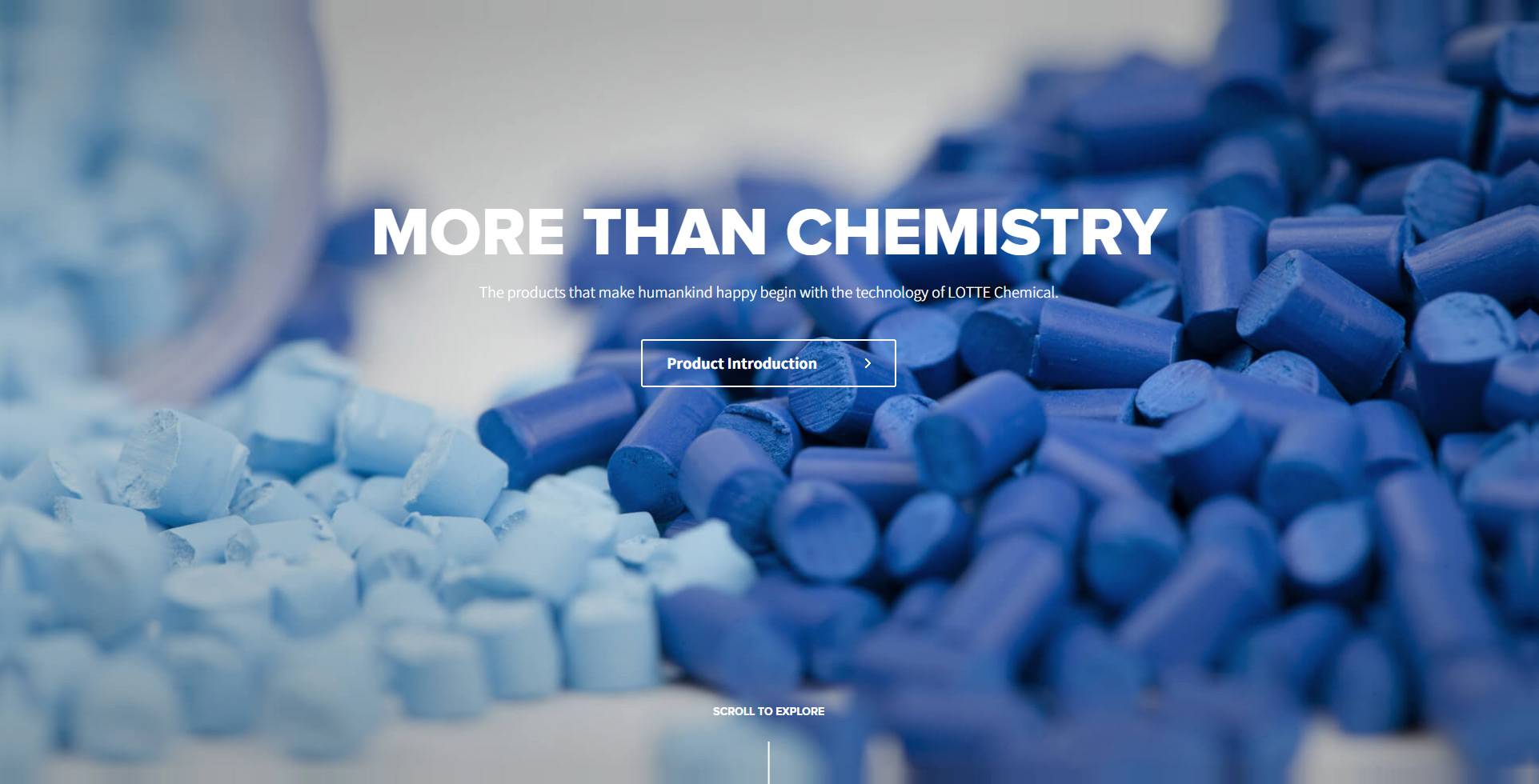ਨਵੰ. . 10, 2024 11:27 Back to list
Choosing the Right 50mm PVC Pipe for Your Plumbing Needs
The Versatility and Applications of 50mm PVC Pipe
Polyvinyl chloride, commonly known as PVC, is one of the most widely used plastics in the world, and for good reason. Among its various applications, 50mm PVC pipe stands out due to its remarkable versatility, durability, and cost-effectiveness. This article explores the features, benefits, and applications of 50mm PVC pipe, enabling a deeper understanding of its significance in construction, plumbing, and industrial settings.
Features and Benefits
The 50mm PVC pipe is characterized by its diameter, which measures 50 millimeters (approximately 2 inches). This size makes it particularly suitable for a range of applications, from residential plumbing to agricultural uses. PVC is a lightweight material, making it easy to handle and install. Despite its lightness, 50mm PVC pipes boast impressive strength and resistance to impact, corrosion, and chemical damage, making them an ideal choice for various environments.
Another noteworthy feature of 50mm PVC pipe is its smooth inner surface, which minimizes friction and maximizes flow rates. This characteristic is especially important in plumbing and irrigation systems, as it promotes efficient transport of liquids while reducing the risk of clogs. Additionally, PVC resists UV radiation better than many other materials, thus enhancing its longevity, especially in outdoor applications.
Cost-Effectiveness
The Versatility and Applications of 50mm PVC Pipe
Applications
50mm pvc pipe

The versatility of 50mm PVC pipe leads to its widespread use across various sectors. In residential plumbing systems, it commonly serves as drain, waste, and vent (DWV) piping. With its resistance to corrosion and clogging, it ensures consistent performance over time, providing peace of mind for homeowners.
In irrigation and agricultural applications, 50mm PVC pipes are often employed for distributing water efficiently. The agricultural sector benefits significantly from the use of PVC due to its ability to withstand a variety of environmental conditions, including exposure to chemicals used in fertilizers and pesticides. Farmers can rely on these pipes to deliver water precisely where needed, helping to optimize their irrigation systems and improve crop yields.
Additionally, 50mm PVC pipes are prevalent in industrial settings, where they transport chemicals, fluids, and gases. Industries that require high degrees of precision and reliability often turn to PVC pipes to ensure that their operations run smoothly. The chemical resistance of PVC makes it suitable for a wide range of applications in the chemical process industry, as it does not easily degrade when in contact with harsh substances.
Environmental Considerations
Although PVC has faced scrutiny in recent years due to environmental concerns related to its production and disposal, advancements in technology and recycling methods have improved the sustainability of PVC products. Many manufacturers now focus on producing PVC pipes with recycled materials and explore better end-of-life solutions to minimize environmental impact.
Conclusion
In conclusion, 50mm PVC pipe is a fundamental component in various applications, thanks to its strength, versatility, and cost-effectiveness. From residential plumbing to industrial processes and agricultural irrigation, these pipes play a crucial role in modern infrastructure. As technology advances, the continual improvement in the environmental sustainability of PVC products ensures that they will remain a viable option for years to come. Understanding the properties and applications of 50mm PVC pipe not only helps in making informed decisions for construction and plumbing needs but also highlights its significant contributions to various industries.
-
Durable PP Rigid Sheet: Lightweight, Chemical Resistant Solutions
NewsAug.21,2025
-
PVC Grey Sheet for Extraction: Chemical Resistant & Durable
NewsAug.19,2025
-
Durable PVC Pipe Fittings for Plumbing & Irrigation Needs
NewsAug.18,2025
-
HDPE Steel Belt Reinforced Spiral Corrugated Pipe | High Strength
NewsAug.17,2025
-
HDPE Pipe Fittings: Durable, Leak-Proof Solutions
NewsAug.16,2025
-
Premium CPVC Sheet: High-Temp & Chemical Resistant Solutions
NewsAug.15,2025

